12 Foods Highest in Iron
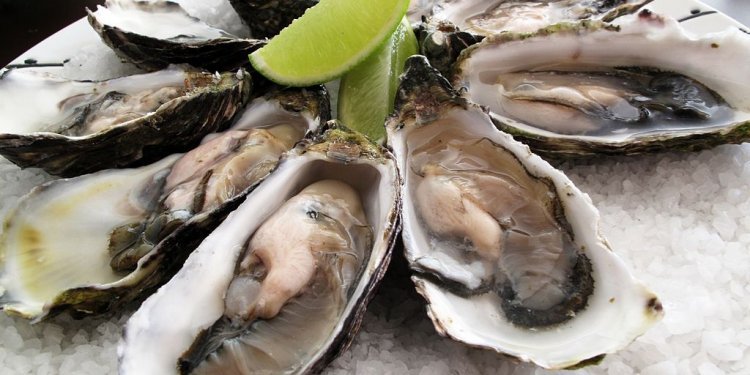
It’s almost three in the morning, you’re wide awake and you remember your health-nut roommate telling you to get some iron if you can’t sleep.
You laugh at the thought of going to the gym at this hour. There’s no way that pumping iron this late would help you sleep.
However, you’re desperate to catch some Z’s before work tomorrow. You’ve tried warm milk and counting sheep, but still no luck.
You remember how worn out you get from a set of chest presses and head for the gym as a last resort. Luckily, your roommate walks out to get some water right before you walk out the door.
It’s a relief and embarrassment, to say the least, when she tells you she meant the mineral iron, not the workout equipment.
You take her word for it that it’ll help you sleep and wonder what other miracles iron works for your body.
Why should I include iron in my diet?
Iron is more than just what you pump at the gym to gain muscle. While you need it to maintain a healthy physical appearance, the mineral iron is what you need to maintain your overall health.
The main function of iron is to transport oxygen throughout your body and carbon dioxide to your lungs to be exhaled. In other words, you wouldn’t be able to breath without it.
This transportation of oxygen also makes iron a vital element in maintaining muscle and brain health. As for your muscles, oxygen is needed to contract muscles properly during a workout and maintain their toned appearance.
Your brain, on the other hand, uses one-fifth of the oxygen in your blood to improve your cognitive abilities and prevent Alzheimer’s disease. So you don’t want to skimp on your iron intake.
It also helps your brain perform to its best cognitive abilities by focusing your energy and concentration in the right direction.
Iron might also be the solution to all of your problems if you find yourself constantly tired and unable to make it through the day without a nap.
This mineral helps give you a better nights sleep by keeping your blood pressure constant and keeping your circadian rhythms on track.
If you’re feeling down or are in an off mood, iron can also help regulate neurotransmitters in the brain, such as the happy hormone, serotonin.
To get the most benefits for your mind and body, try incorporating these iron-rich foods in your diet:
Back to Top
Top Foods Highest in Iron
- Oysters
- Sun-dried Tomatoes
- Black-Eyed Peas
- Cooked Spinach
- Dark Chocolate
- Kidney Beans
- Potatoes
- Lean Beef
- Turkey
- Pumpkin Seeds
- Dried Apricots
- Cashews
Oysters
- Calories: 169
- Iron: 10.2g
- Protein: 7g
The awkwardness of slurping an oyster out of its shell might be keeping you from enjoying this shellfish, but the benefits may convince you to give it a try.
Oysters are packed full of vitamins and minerals, such as vitamin C and zinc, which help protect your heart, bones and immune system. Zinc is also known to help speed up the process of healing wounds.
They’re also full of protein, which helps your body feel good and look good!
Sun-Dried Tomatoes
- Calories: 139
- Iron: 4.9mg
- Protein: 7.6g
Sun-dried tomatoes are the perfect addition to any meal. While you might be adding them for flavor, your body is thanking you for the nutrients.
In addition to being high in iron, sun-dried tomatoes are full of fiber that helps you keep off the pounds by keeping you full and keeping your digestive system functioning at its best.
Despite their small size, these tasty little things give you big energy boosts with their high magnesium content.
Black-Eyed Peas
- Calories: 198
- Iron: 4.3mg
- Protein: 7g
Although you might be eating black-eyed peas just for luck on New Year’s Day, there are plenty of other reasons to eat them throughout the year.
Oddly enough, the vitamin A in black-eyed peas actually helps keep your eyes healthy and improves your vision. As if that’s not enough to fill your plate, black-eyed peas are also filled with potassium, which decreases the stress and anxiety from your busy life.
I’d say these legumes really do bring good luck year round!
Cooked Spinach
- Calories: 23
- Iron: 3.6mg
- Protein: 2.9g
You might think of spinach as health food that’s only good for the low amount of calories, but there’s a reason why it’s Popeye’s go-to snack.
Spinach is high in vitamin K, which is essential for making sure your body is maintaining calcium and using it adequately to strengthen your bones.
It also contains vitamins A and C, which work wonders for the beauty guru’s out there. These vitamins help your hair grow and protect it from thinning out and breaking.
Dark Chocolate
- Calories: 155
- Iron: 3.3mg
- Protein: 1.4g
Chocolate lovers, you’re in luck! Thanks to dark chocolate, you no longer have to feel guilty about satisfying your sweet tooth.
Dark chocolate is one of the healthiest treats you can eat. Because it’s full of antioxidants, you’re actually protecting your body from harmful free radicals and diseases, such as cancer, when you indulge every now and then.
Its flavonoid content also makes it a good choice for those worried about memory loss and dementia.
Kidney Beans
- Calories: 224.79
- Iron: 3.25mg
- Protein: 15.3g
The more you eat the more you improve your internal and external health! Despite the smelly stigma they’re associated with, beans actually work wonders for your health.
For one, kidney beans provide a substantial amount of folate and fiber, which both work together to protect your heart from disease and stroke.
They’re also rich in antioxidants that are said to help you live longer.
Potatoes
- Calories: 163
- Iron: 3.2mg
- Protein: 4.3g
Whether you like them mashed, loaded, or scalloped, potatoes can offer you several benefits. Of course, you don’t want to overdo it with the butter and cheese.
Because potatoes are very high in carbohydrates and glucose, they are an important element of your diet that keeps you from tiring easily and keeps your cognitive abilities sharp.
They also contain magnesium, which prevents the development of kidney stones.
Lean Beef
- Calories: 254
- Iron: 2.7mg
- Protein: 17.2mg
The best part about lean beef, is you get all of the same nutrients as full-fat beef, but with fewer calories and fat.
One of the most important components of lean beef is linoleic acid, which stops the development of tumors and cancer.
Gym rats especially benefit from lean beef because linoleic acid and protein both increase muscle mass and repair muscle tissues after a workout.
Turkey
- Calories: 135
- Iron: 2.3mg
- Protein: 30g
Although you might save turkey for holidays, its health benefits might convince you to make every day a special occasion.
Turkey is a great alternative to red meats because it is low in calories and significantly higher in protein, which keeps you from forming unhealthy snacking habits throughout the day.
It’s also full of the minerals tryptophan and phosphorus, which are important for releasing serotonin to regulate your mood and promoting healthy teeth and bones.
Pumpkin Seeds
- Calories: 285
- Iron: 2.1mg
- Protein: 12g
You may think that pumpkins are only good for pies and lattes, but you’re forgetting their most important aspect: the seeds.
Pumpkin seeds are not only a tasty snack, but also a very healthy one. They contain antioxidants and fatty acids that are known to reduce the risk of certain cancers and prevent heart complications.
The magnesium and fiber in pumpkin seeds are also said to prevent type 2 diabetes and give you a better night’s sleep.
Dried Apricots
- Calories: 106
- Iron: 2mg
- Protein: 1.5g
With dried apricots you can enjoy the same flavor of a fresh fruit, but without the sticky mess and with more health benefits.
Although fresh apricots are healthy, dried ones contain higher levels of potassium, fiber, and vitamin A.
Potassium and fiber are respectively good for keeping your blood pressure at a healthy level and keeping you regular. Whereas, vitamin A is known to keep your eyes in good shape.
Cashews
- Calories: 157
- Iron: 2mg
- Protein: 5g
You might be mindlessly eating cashews out of the complimentary bowl of nuts at the bar just because they’re there, but your body is thanking you nonetheless.
Cashews are a healthy alternative to snacks like chips and pretzels for many reasons. For one, they’re full of magnesium, which is essential for healthy bones and muscles.
They’re also known to prevent the forming of gallstones and type 2 diabetes. So, get snacking!
What if I don’t get enough iron?
The most common result of not including enough iron in your diet is iron deficiency anemia. This can be harmful to your health by making you more vulnerable to infection, inhibiting your cognitive abilities, and increasing your risk of heart failure.
Anemia can be very subtle at first and many people aren’t aware that they have it. However, if you’re worried you might be lacking in iron, there are a few symptoms you can look out for.
Some of these symptoms include: craving things that aren’t food, feeling tired regularly, experiencing headaches more often, and feeling colder in your hands and feet.
If you take a complete blood test to determine whether or not you have anemia and the results are positive, there’s no need to worry. Anemia can be treated simply changing your diet or taking iron supplements.
Back to Top
Who is at risk of developing anemia?
Those who have the highest risk of developing anemia are women, blood donators, and those who don’t maintain a proper diet.
Because iron is found in the blood, women who are menstruating are at a high risk due to blood loss. Women who are pregnant also suffer from anemia more frequently because they require more iron in their blood to support the healthy development of their child.
Donating blood regularly also increases the risk of anemia due to constant blood-loss, so it’s important to pace yourself in terms of donating or increase your intake of iron rich foods.
However, the most common reason for developing anemia is not maintaining a healthy diet with enough iron.
So, how will you incorporate more iron into your diet?
Back to Top

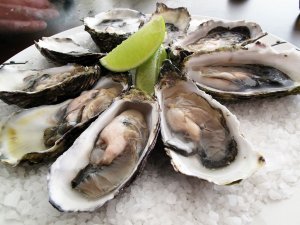
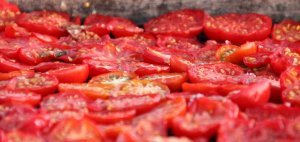
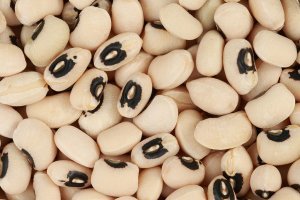
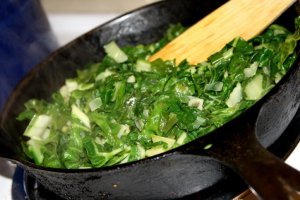
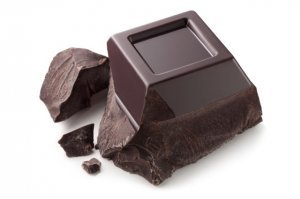
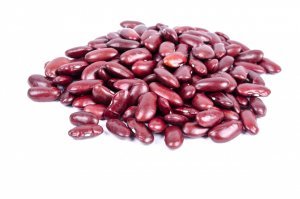
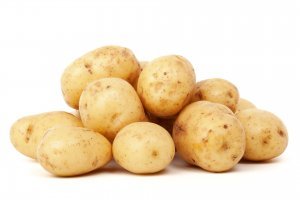
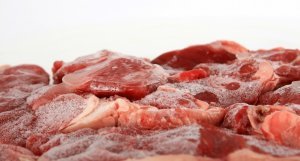
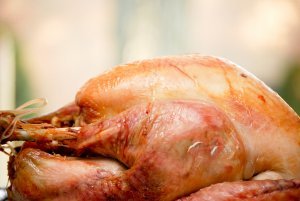
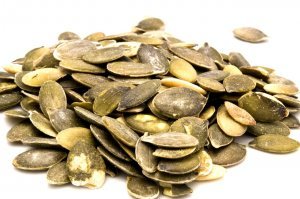
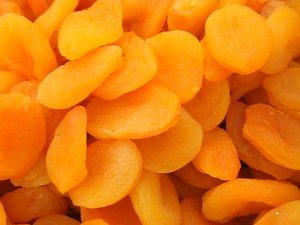
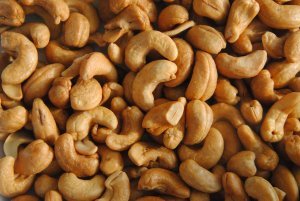
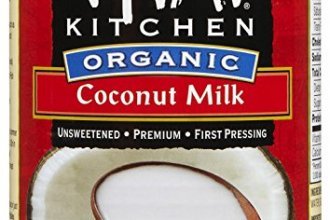
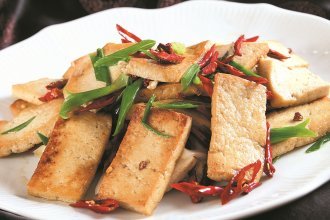

Great article. I have had problems with iron levels and have found that magnesium is also really important too. As soon as I started taking magnesium – I found my iron levels got back to normal and I didn’t need to be so funny about making sure I get enough iron in.